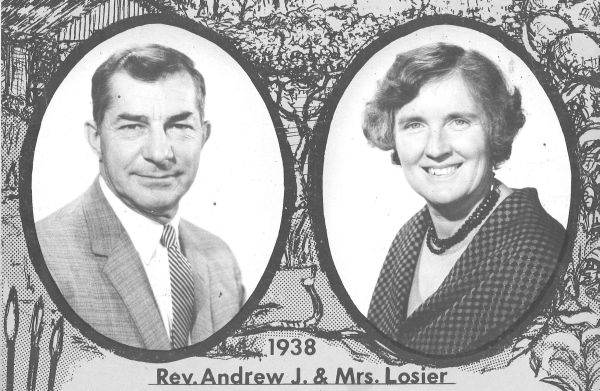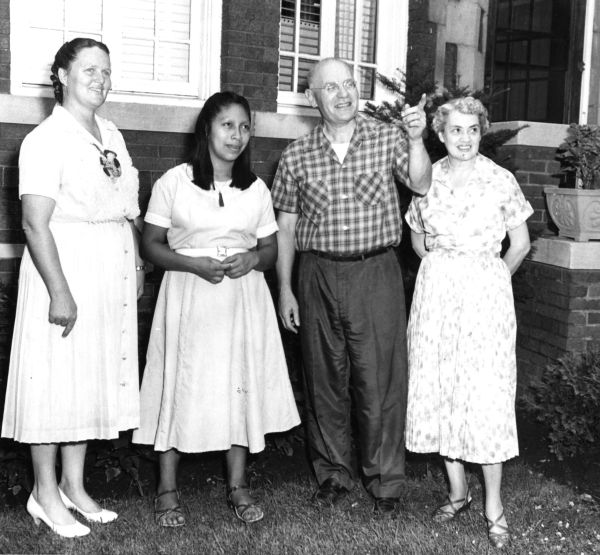One need not be well-versed in the intricate details of rules of etiquette to know some basic truths about the unspoken rules of “polite” conversation. There are two topics that a polite guest never broaches at a dinner party: politics and religion.
Why might etiquette books warn people to steer clear of these subjects? Why are discussions of religion and politics so often taboo? It seems to me that the answer is quite straightforward: many individuals have very strong, deeply held beliefs about both.
Conversations about religion and politics tap into core values and beliefs, so these discussions can easily become deeply personal and polarizing.
Consequently, far too few people engage in open and honest communication that crosses religious and ideological lines.
As a scholar of American politics who teaches at Wheaton, I constantly examine the intersection of religious and political worldviews. Although tackling these subjects is not always comfortable and easy, such conversations are not only valuable—they are essential. To understand American politics today, one needs to understand the ways in which religious values and beliefs inform political behavior. To enter political debates about candidates and public policy, one needs working knowledge of the structure and limitations of American government.
I often hear people voice frustration with public discourse about Christianity and politics. From mainstream media portrayals that often fail to “get” religion, to the caricatures of Christians as single-minded ideologues, popular notions of faith and politics are often oversimplified and flawed. Compounding this problem, some churches preach ideology and single-issue politics instead of training parishioners to think biblically and theologically about politics and public policy. American Christians have very few resources to help them develop a thoughtful and informed approach to political issues and elections.
During my sabbatical next year, I will be writing a book tentatively titled Before Left and Right: what Every Christian Needs to Know about American Politics. Instead of repeating dogmatic arguments from the political left or right, this project will describe key elements of the American political system and help Christians apply their faith to their voting and civic participation. Drawing upon themes from 1 Corinthians 12 and 13, I build a case for politics as a means of demonstrating love in action and building the body of Christ.
This book will not claim to provide the only Christian interpretation of politics and political issues; instead, it begins with two central assumptions: first, that we all “see through a glass, darkly” and therefore should exercise humility when discussing politics; and second, that the diversity of the body of Christ makes room for Christians to disagree on many political matters. My hope is to educate and inform readers so that they will be equipped to serve Christ and His kingdom in the public square.
—–
Dr. Amy E. Black, Associate Professor of Politics and International Relations, who earned her Ph.D. from M.I.T., specializes in American politics and currently serves as the vice president and president-elect of Christians in Political Science. She and her husband, Dan Treier, assistant professor of theological studies at Wheaton, have found that religion and politics can indeed make an excellent combination. (Wheaton Magazine, Spring 2006)


